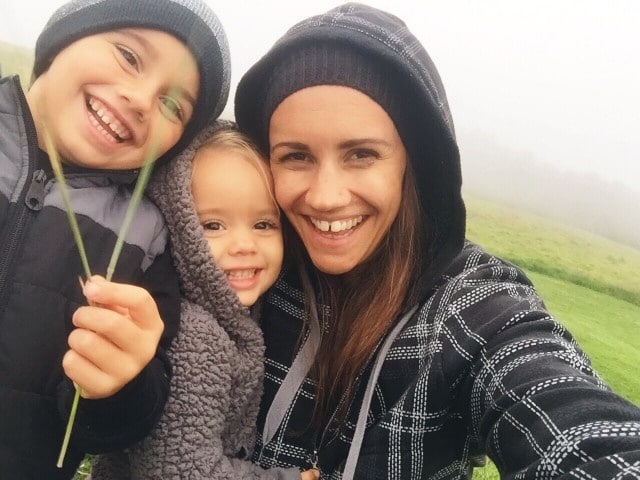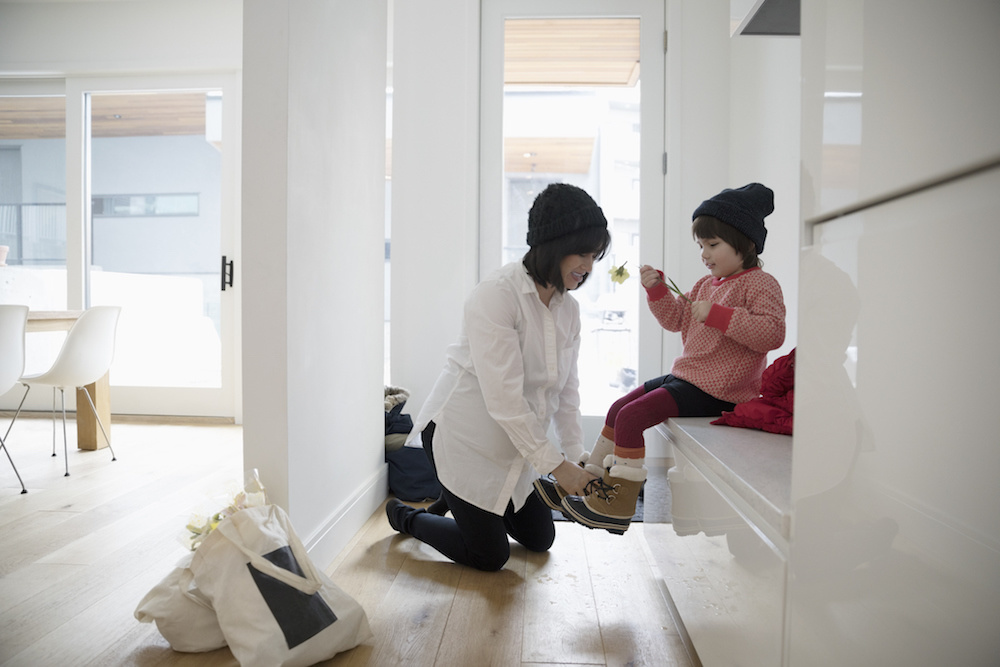It’s science: Giving experiences instead of toys boosts your kid’s intelligence & happiness
There's no need to stress about getting them everything on their wishlist. Spending time with your kids is far more valuable.

It’s a fact: Happiness on Christmas morning isn’t measured by the number of presents under the tree, even with little ones in your home who might have a long wishlist. Studies have found that giving your kid too many toys can result in the opposite of the desired effect—meaning they can actually be less happy.
Childhood development researcher, Clair Lerner, suggests that when kids are given an abundance of toys and games, they play less. Too many toys can be distracting and overwhelming to children, leading them to lose the concentration needed to learn from those toys.
Lerner’s findings are echoed by Michael Malone, a professor of early childhood education at the University of Cincinnati. His research showed that fewer and better toys lead to increased sharing and cooperation, both valuable life skills. Additionally, too many toys encourage more solitary play, while causing a sense of unproductive overload.
So what does that mean, mama? There’s no need to stress about getting your kiddos every single thing on their wishlist. Spending time with your kids is far more valuable.
In a study of 3,000 3- to 5-year-olds at Oxford University, researchers found that children’s academic success was more dependent on their home environment and parent’s involvement than the toys or electronic devices they are given. Those who had fewer toys and no electronics, but had parents who spent more time with them, did better in school and in many areas of social and emotional development, suggesting that parental attention is better than any toy or screen.
And if we need one more reason to relax on the toy giving, researchers have discovered that gratitude and generosity increase when experiences like swimming lessons or a family trip are given instead of objects. Thomas Gilovich, a psychology professor at Cornell University, conducted many studies over many decades and found that happiness is derived from experiences, not things, especially when we can express gratitude around those experiences. Being grateful you got to take that trip helps you appreciate it all the more.
Taking the time to regularly practice gratitude with your kiddos can pay off in droves, too. That may look like starting a round of “rose, bud and thorn” at the dinner table, or helping your child make a gratitude list on Sunday evenings. Making these moments part of your everyday or weekly routines can boost happiness all around.
Here’s the bottom line: The happiness derived from a childhood experience is far more significant than the fleeting excitement of toys under the Christmas tree. Giving experiences that involve spending time together instead of gifting toys brings greater and longer-lasting joy. Don’t stress about the number of toys, mama. Focus on making memories.
A version of this post was originally published on Nov. 17, 2017. It has been updated.


